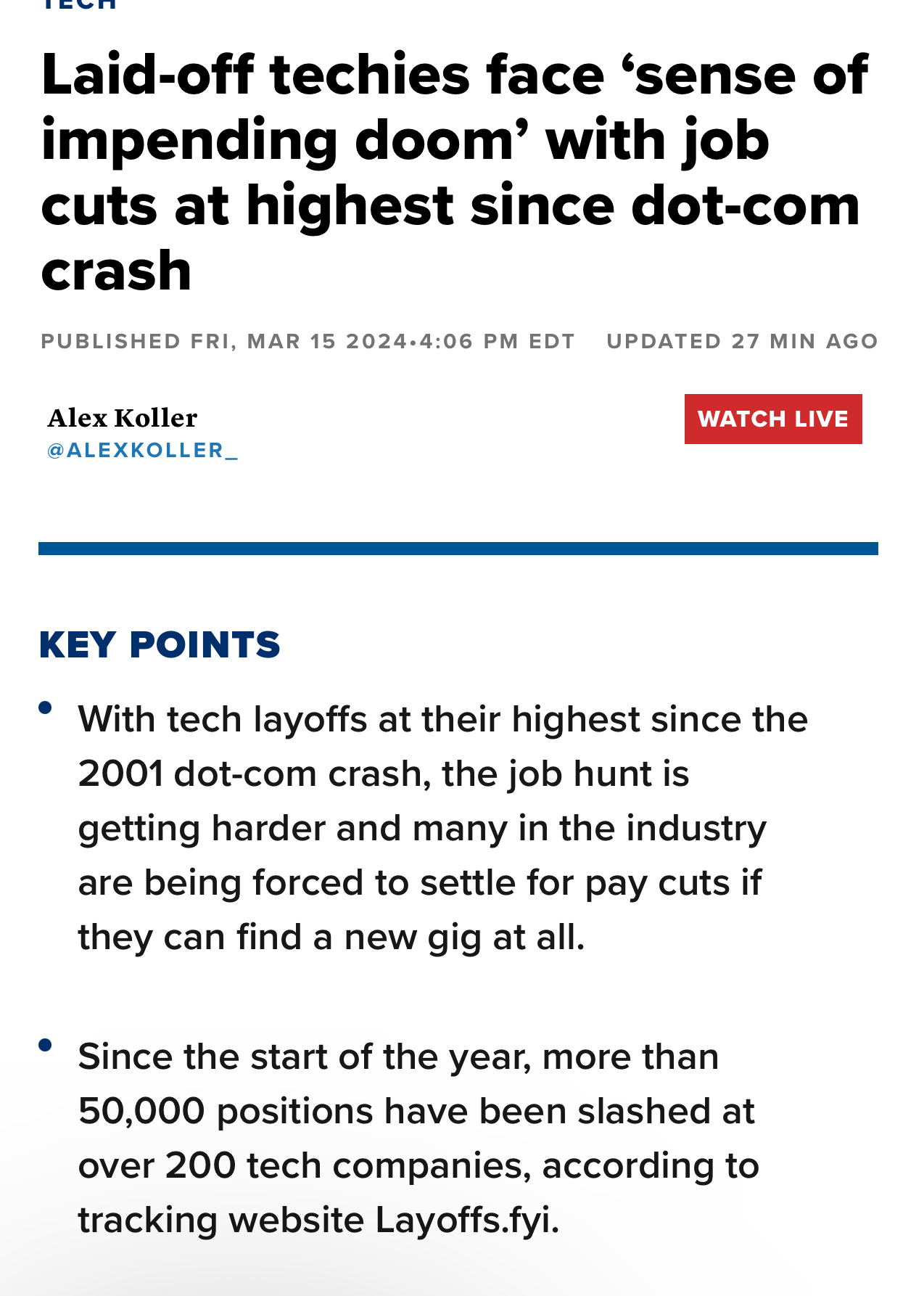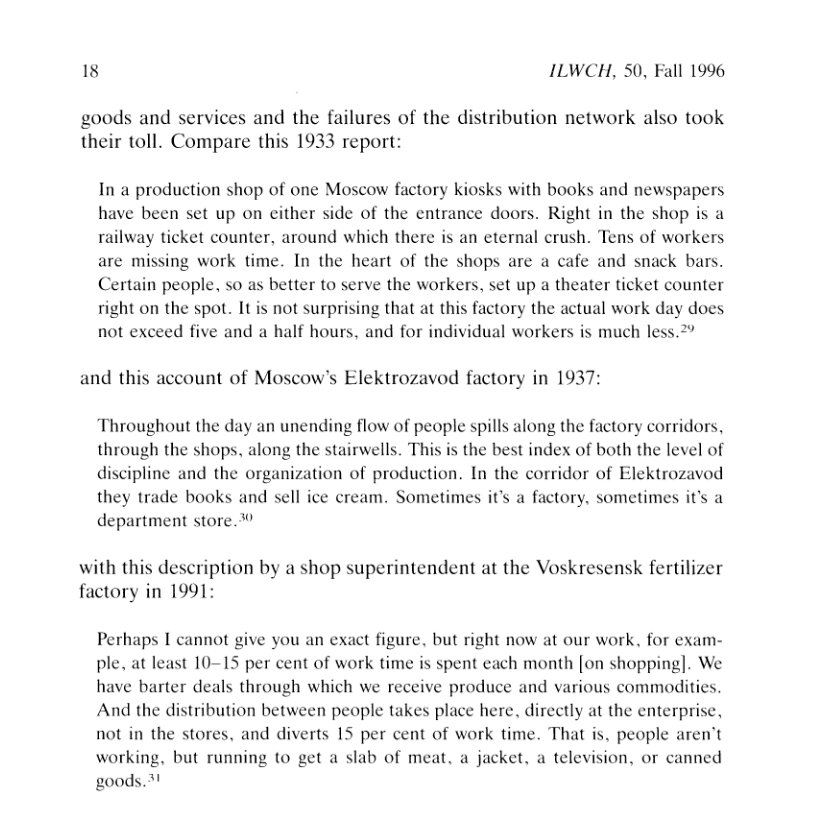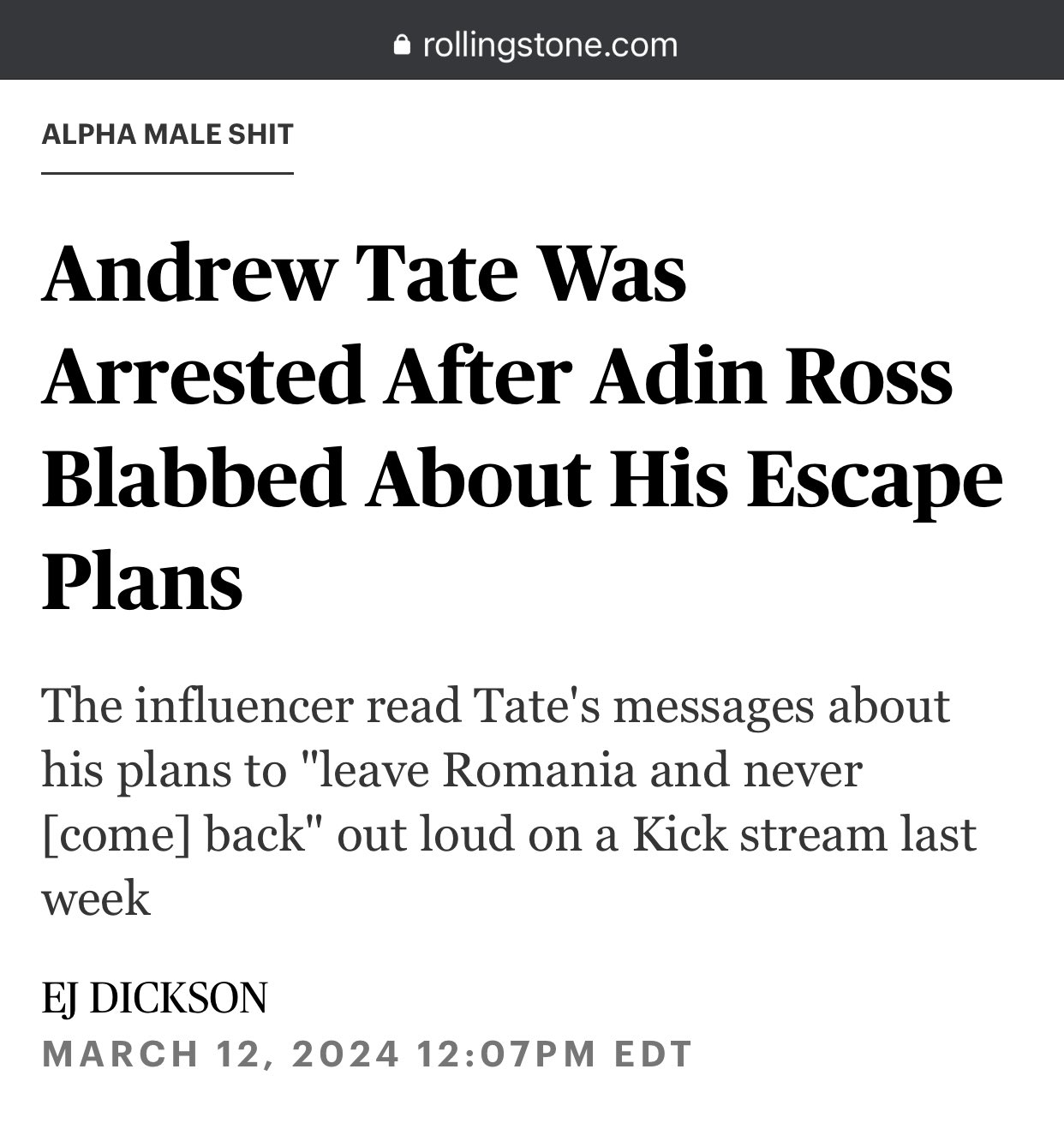Why you gotta do it to Sydney Sweeney tho? Remove, like, Ben Shapiro or someone from my timeline 😭
LibsEatPoop
Thanks for this reply! I love learning stuff like this. Proxima b sounds so freaking cool. Ugh, I wish we could figure it out.
Nice to meet another fello oldie 
On YT, I dunno. I do agree that the dislike button was used to just silence people, which was their stated reason for getting rid of it. But at the same time, it was also used to figure out which videos were just scams or advocating for harmful stuff lol. Oftentimes, you would click on a video looking for a solution to a problem, see the dislikes and realize the video is probably peddling some bs. Now, you don't have that as neatly - there's still comments (but they can be removed, and most people don't comment anyways).
But I agree, discourse on youtube is just ass. There isn't any good solution.
This is one of my favorite posts on Hexbear. I think I'm tearing up a little. Not just the picture, but also the post, filled with information and hope. Thank you. Hopefully, one day we'll emerge from our prehistory and travel the stars, and meet our stellar neighbors. As you said, it's just 4 light years away. We can make it.
Yep, I feel you. Every time I'm on Reddit, I realize just how awful the downvote button is. I remember back when we had one and decided to get rid of it. The catalyst was it being used specifically to silence marginalized people. Looking back at it now, it was clearly the right choice. Having no downvotes hasn't impacted Hexbear in a negative way in the slightest. Bad arguments that you can ignore - you ignore. Bad arguments you cannot - you reply and dunk. And chuds get dunked on and reported/deleted.
Kapitalist, Konservative, Khristian = Russia since the 1990s.
May Allah destroy the Amerikan empire and this shambling Russian corpse in one strike.
Queen. The Lisan al-Gaib of CEOs. The Muad'Dib of dying. Let her be the first of many.
That’s exactly my point lol. The measure which work in India are the same ones which work everywhere. But because India is a capitalist country, it gets to use these and claim to be a “democracy” and for its progress to be recognised as capitalism’s progress. While the same measures, when it results in the betterment of people in China, Vietnam, Cuba etc in even greater measures is somehow a bad thing and something to be criticised. Like, India is a case study in how neoliberal, austerity-driven capitalism literally cannot work when you have 1 billion plus people who’ve been colonized and need the government and even the billionaire-backed government in charge knows this. If they enact 100% of the capitalist agenda, there will be a revolution tomorrow. And the India state is nowhere near as capable of suppressing it as the American one.
So I read that bit of the blog. It’s certainly interesting (even if I don’t know how true it is).
The methodology: Modified Mixed Recall Period (MMRP) asks household consumer expenditure on perishables (for example, fruits, vegetables, eggs) for the last 7 days, durable goods for the last 365 days, and expenditure on all other items for the last 30 days.
This has shown an elimination of poverty at the PPP $1.9 line and a reduction in poverty from 53.6% to 20.8% at the PPP $3.2 line.
This is in contrast to the World Bank, which uses, the Consumer Pyramids Household Survey, a privately provided data source, to derive poverty numbers of 10% PPP at $1.90) and 45% at PPP $3.20). There are criticism of that data here.
The next part of the claim is that India achieved this while reducing inequality, which is something China, while achieving its poverty reduction targets, did not do.
The urban Gini (x100) declined from 36.7 to 31.9; the rural Gini declined from 28.7 to 27.0.
THE REASON THIS ENTIRE ANALYSIS IS AN INDICTMENT OF CAPITALISM.
One thing I’ve not mentioned so far, which even Noah had to concede at multiple points throughout. If all this is true, then how? What specifically did India do? (If you know India’s history, or a little bit about India’s policies, what follows will not shock you).
REDISTRIBUTION OF WEALTH AND RESOURCES.
Strong policy thrust on redistribution through a wide variety of publicly funded programs. These include a national mission for construction of toilets and attempts to ensure universal access to electricity, modern cooking fuel, and more recently, piped water
Free food (wheat and rice) supplied by the government to approximately two-thirds of the population, and utilization of public health and education…
Couple other things Noah doesn’t know but I should elaborate the government does for the people - On public health and education, the vast majority of the poor and working class literally have access of free health care and hospitals and education in India. The amount and quality is is not as good, but it’s improving. And obviously Modi is Hindutva, but we’re speaking of economics here.
Another point - Modi govt. literally straight up gives money to poor people for various purposes like building homes etc. It’s the most direct way of redistribution of wealth you can imagine.
This is contrasted with China, who “followed a more typical pattern: the economy was liberalized, the rich got much richer much faster, the poor were uplifted but more slowly than the rich, and inequality soared. We’ve gotten used to thinking that soaring inequality is the inevitable price of rapid economic development, but India is proving otherwise.”
Now, I trust I don’t need to y’all about the massive fucking irony of using India as an example of a success story in constraint to China here.
What is clear in the case of both of these countries, and so many more is that when governments take large, social actions in the public good, that go directly against the interests of the private corporations, the people benefit. And that the countries where the large companies rule DO NOT LIKE this fact, so they everything in their power to crush these people’s governments. In the case of India and China, India is far more in the pocket of the big corporations than China is. Like, this is not even a question. Yet, even there, the actions that have lifted people out of poverty, are the same as the ones that have lifted people elsewhere.
I love retro SciFi, retro futurism, retro space stuff…it’s so cool.




 coming to the defence of gamers.
coming to the defence of gamers.
Lmao. Why? Did the judge even give a reason? Can’t wait for the libs reaction.